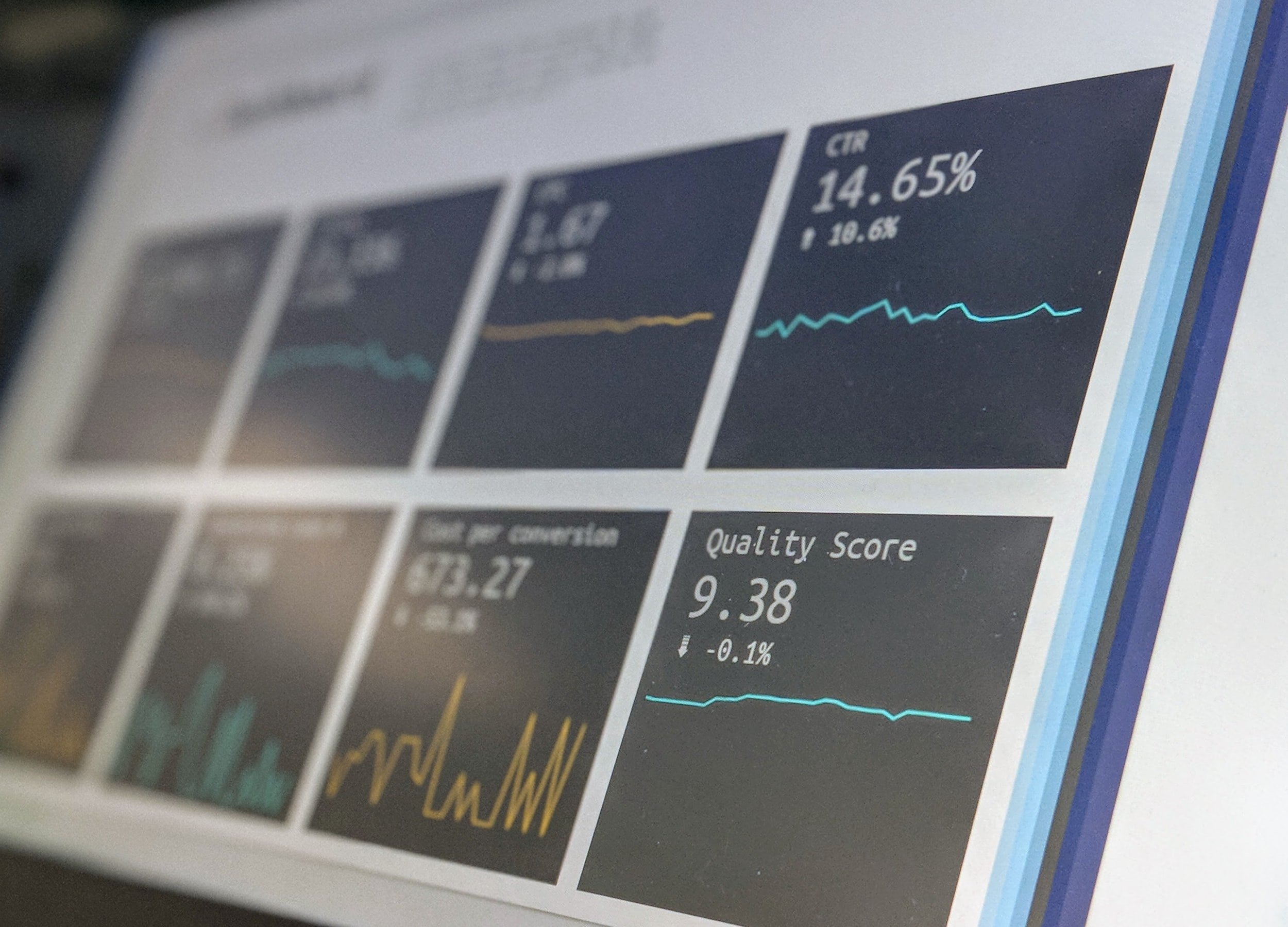Private & Public Investments
Private Equity
Through our partners at Liahona Capital, an Exempt Market Dealer, through registered Dealing Representatives
The private equity market offers an alternative to these more conventional methods of raising capital. Private equity can be defined as a form of financing where money is invested directly into a company in return for a stake in the business. Unlike public markets that trade on a daily based on emotion; private equity enjoys very little volatility. As of a few years ago, the average investor now has access to this asset class, joining large pension funds and high net worth.
Diversifying a portion of your portfolio into private holdings can enhance returns and enhance stability.
Public Equity
Public markets are where investors can purchase or sell listed stocks and bonds through a stock exchange (physical or virtual). The most common public markets for Canadians are the TSX (Toronto stock exchange), DJIA (Dow Jones Industrial Average), S&P (Standard and Poor’s). These shares or bonds are purchased or sold through brokerage firms. Public markets move daily based on investor emotions hoping for returns on their investments. The average investor will usually purchase mutual funds to diversify throughout the public markets.
Fixed Income
Fixed income investments are a type of investment that provides a predictable return to the investor over a fixed period of time. This may include bonds, treasury bills, CDs, and other debt securities.
They typically provide a set rate of return through regular interest payments. While the value of these investments may fluctuate based on market conditions, they are generally considered to be less risky than stocks or equities.
Debts
Debt financing occurs when a firm raises money for working capital or capital expenditures by selling debt instruments to individuals and/or institutional investors. In return for lending the money, the individuals or institutions become creditors and receive a promise that the principal and interest on the debt will be repaid. The other way to raise capital in the debt markets is to issue shares of stock in a public offering; this is called equity financing.
Real Estate
Real estate is considered an alternative asset among investors who purchase investment properties such as office buildings, residential apartments, or vacation housing. Money may be gained from rental income, wholesaling, or house flipping. If an investor is not interested in being a landlord, they can use a broker to invest in real estate investment trusts or REITs.
Precious Metals
Investing in precious metals comes with some benefits over investing in stocks, such as being a hedge against inflation, having intrinsic value, no credit risk, a high level of liquidity, bringing diversity to a portfolio, and ease of purchase.






